by Rachel Harris
"Strategy: A method or plan chosen to bring about a desired future, such as achievement of a goal or solution to a problem.
Culture: Broadly, social heritage of a group, organized community or society. It is a pattern of responses discovered, developed, or invented during the group's history of handling problems which arise from interactions among its members, and between them and their environment." - The Business Dictionary
As an organization plans to make changes, leaders take into consideration both cultural and strategy initiatives. Some begin to question which initiative they should highlight the importance of, in order to see the most results. The answer is simple: neither. Cultural and strategical initiatives both have lasting benefits on any sort of change management initiative.
Time and time again we've experienced clients frequently mistaking strategy as the underlying problem, when in fact, matching a company's culture to any change initiative is the key to success. According to a Harvard Business Review article on Cultural Changes, the author writes "A strategy that is at odds with a company’s culture is doomed. Culture trumps strategy every time." A company's strategy must match the culture within to show the most productivity.
Another view on Culture Vs. Strategy is the vision that your culture is a part of your strategy. This plays off of the original idea of leveling the two. This view does so, but in a different aspect. Part of a company's strategy could be the formation of a certain culture they aspire to achieve.
Heartland wants to help you ensure your initiatives go hand in hand to create success in achieving your goals. When you cannot take the pain of the status quo anymore, give us a jingle at 612-920-3039 to set up a coaching session. Follow us on our LinkedIn profile to stay updated on the Art of Convening!

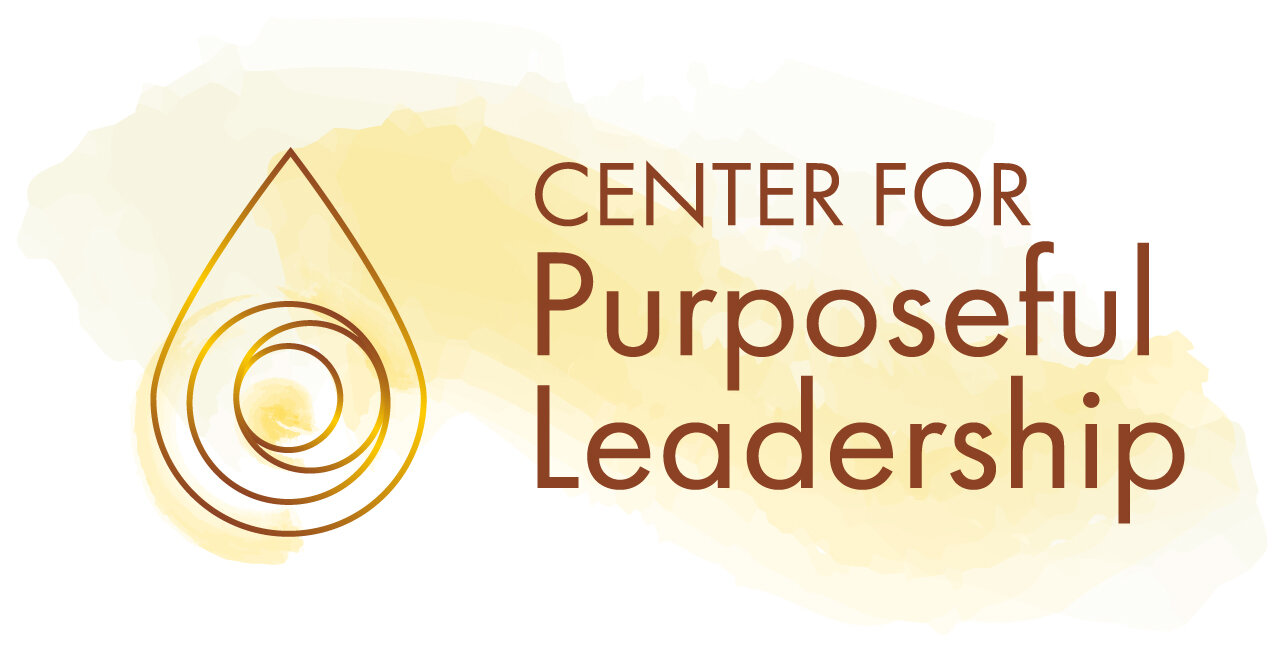






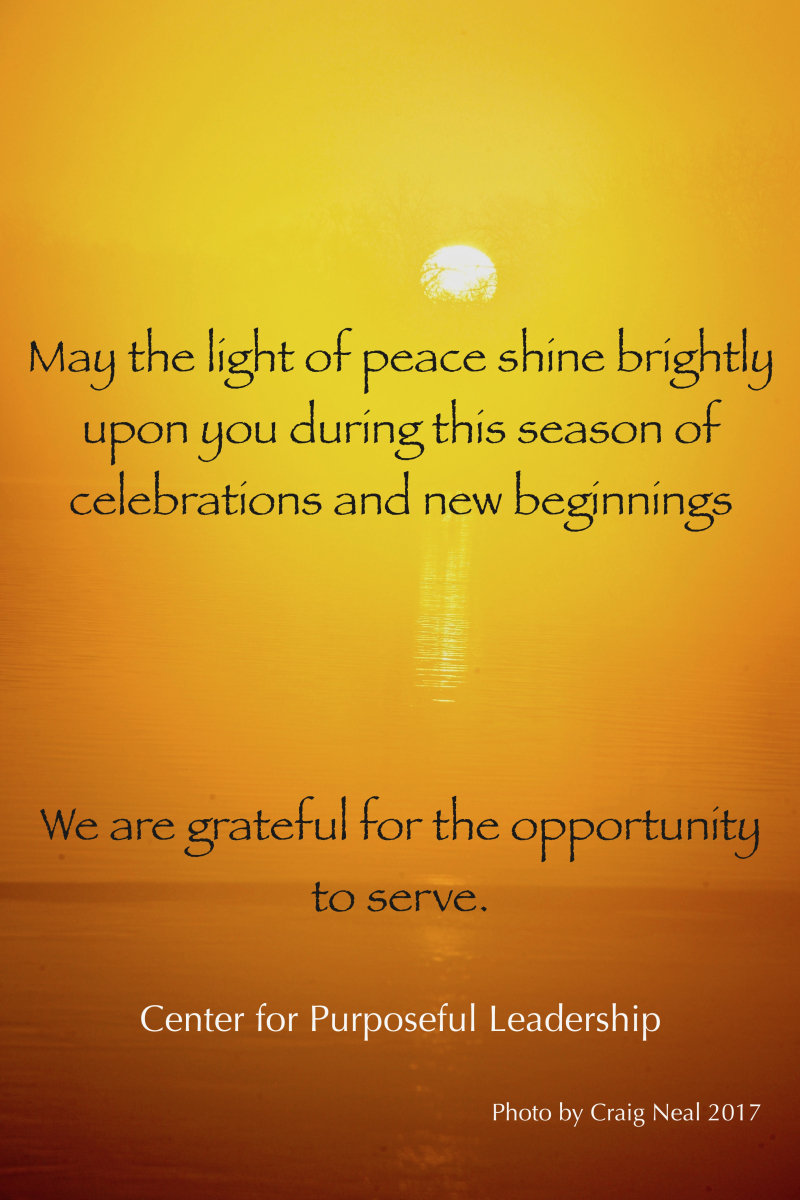




![[Hearth] Voices from Ukraine: Part 2](https://images.squarespace-cdn.com/content/v1/58a4e3be9de4bb98b066fd6f/1647955546471-VUGA4FCGFEUYJ29TEQVA/sunforest-mix-sunflower-types-1586794598.jpeg)

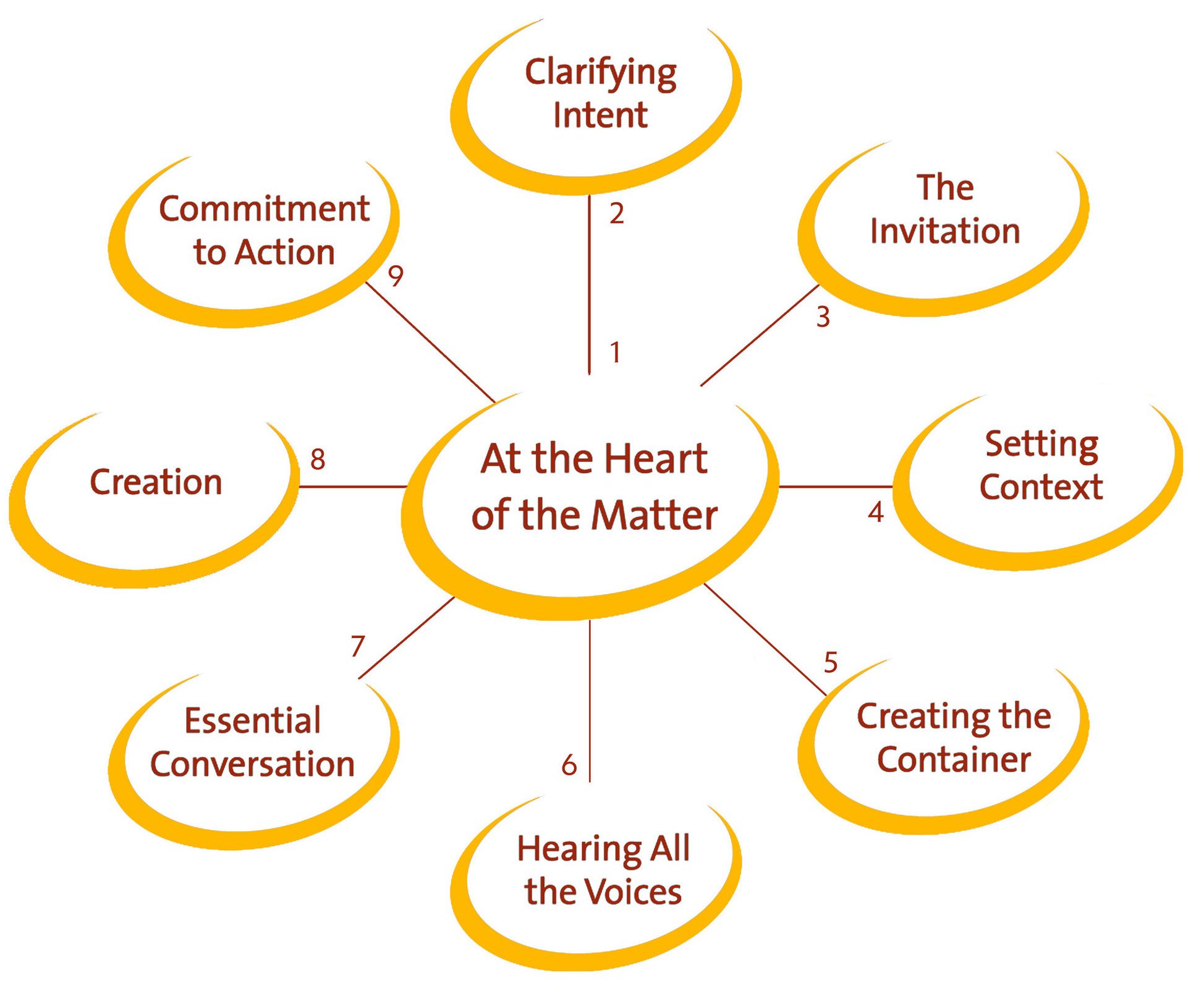

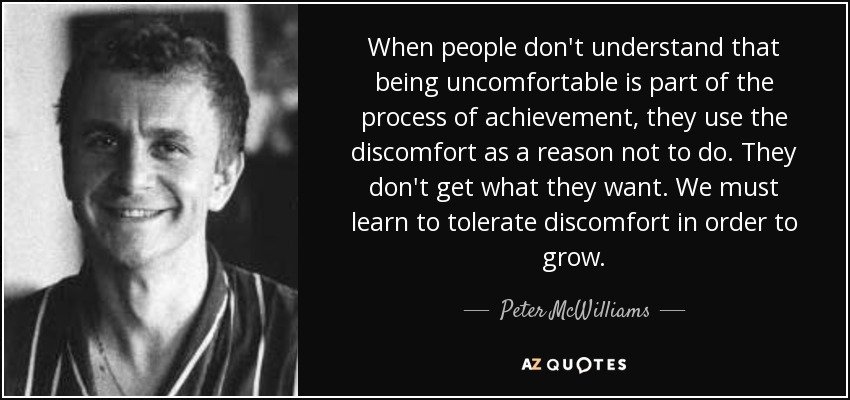

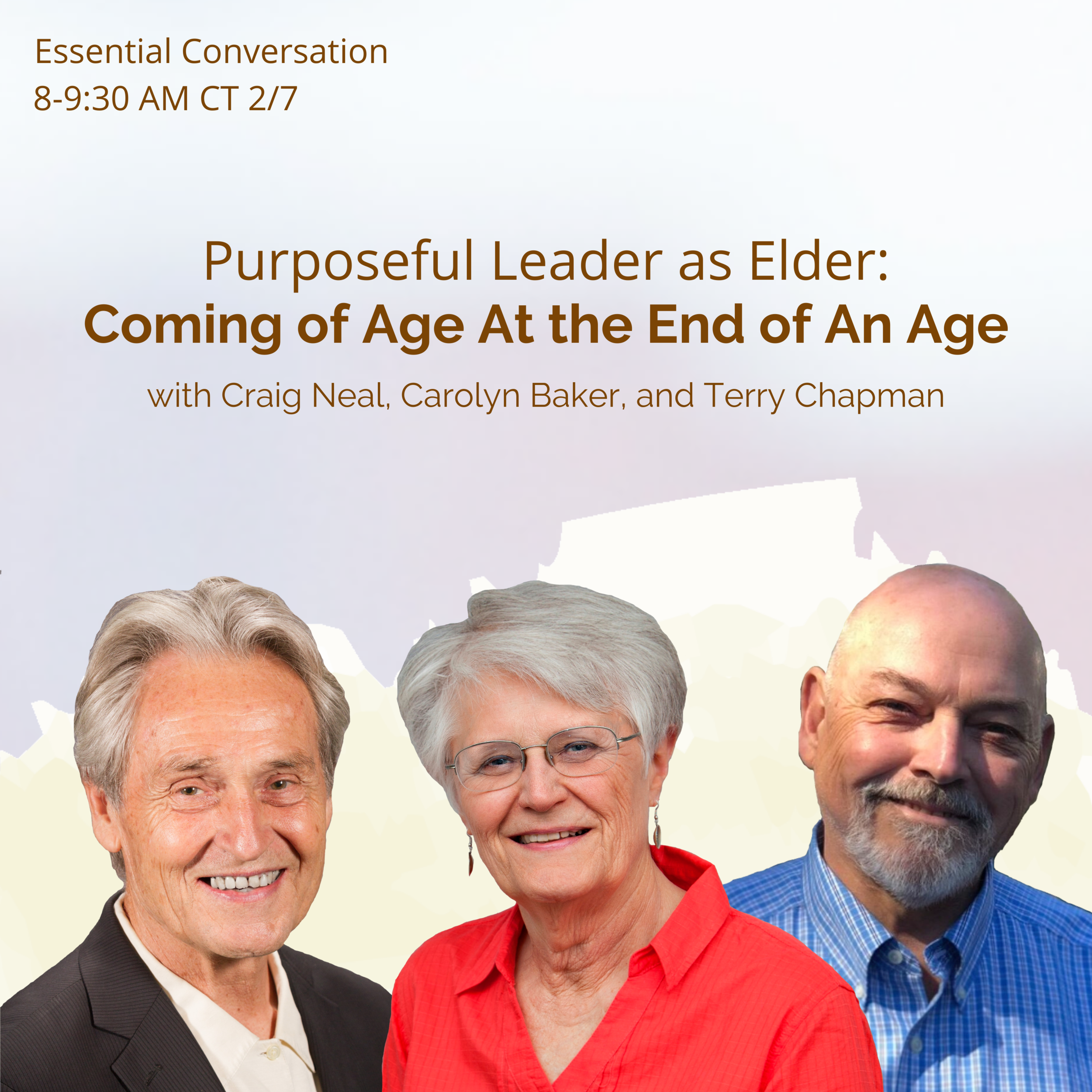


























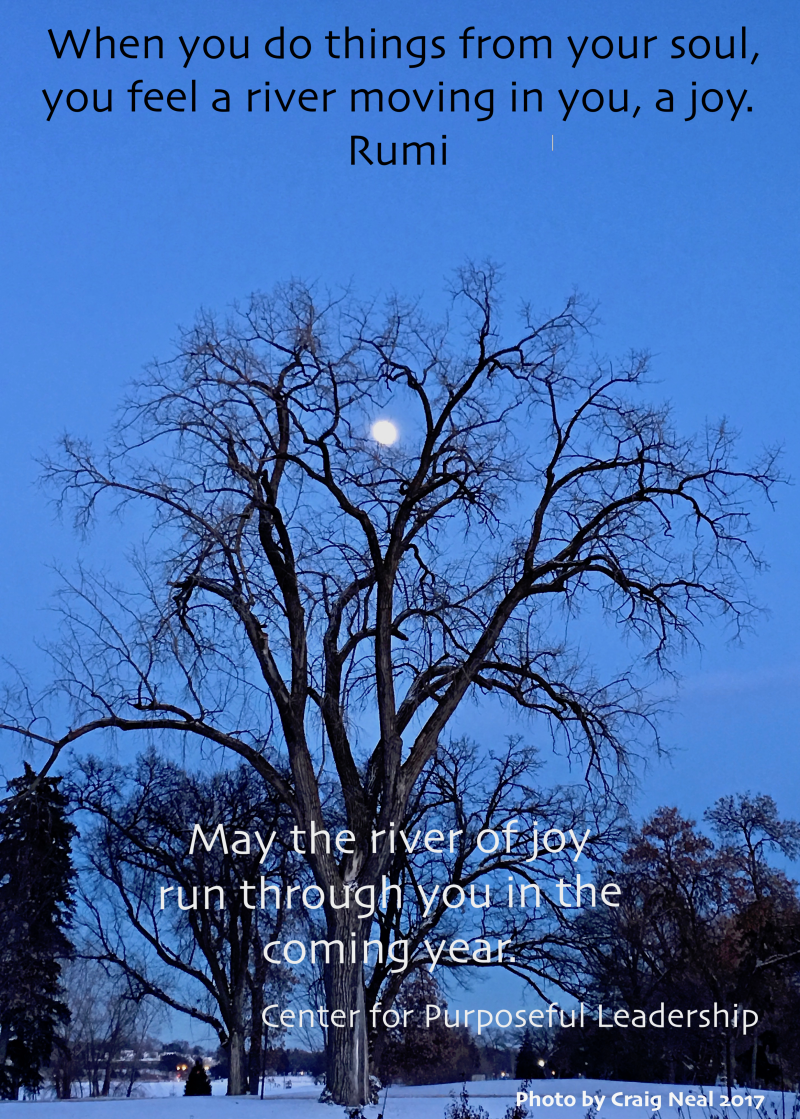





















NEW!! Art of Convening Self-Paced Leadership Course
Ignite Your Purpose Through the Power of Convening